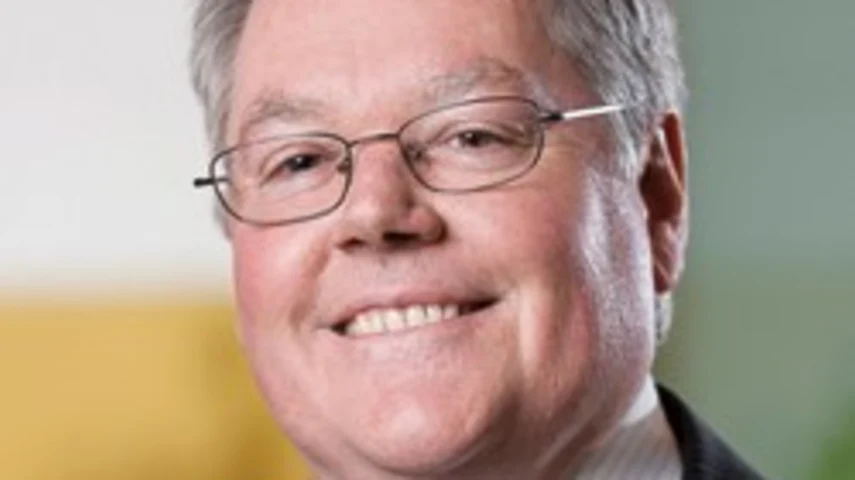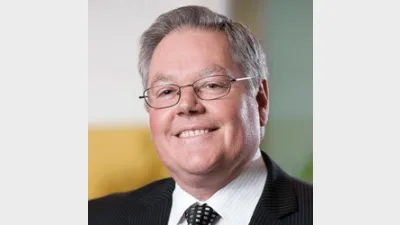Vertical integration 'not the problem’, it’s professionalism



In the wake of the Financial System Inquiry’s interim report, which canvassed a potential conflict that emerges from undisclosed institutionally-linked planners operating in the interests of their parent company over their client, Deloitte partner Sarah Woodhouse said that’s not the real issue.
She said if the industry is trying to restore trust, it needs to look beyond vertical integration to the planners’ professional values.
Woodhouse’s view was seconded by the Financial Planning Association’s CEO Mark Rantall, who urged employers to support professionalism by funding a move to higher education standards.
“It surprises me that we continue to have this debate. It’s not rocket science,” he said.
“Are the employers of financial planners prepared to sponsor the profession of financial planning into being?”
“Either it is regulated into being or self regulated into being.”
Rantall acknowledged the transition from industry to profession would be a costly one, but said the cost of advice going wrong is likely greater.
Recommended for you
Despite the year almost at an end, advisers have been considerably active in licensee switching this week while the profession has reported a slight uptick in numbers.
AMP has agreed in principle to settle an advice and insurance class action that commenced in 2020 related to historic commission payment activity.
BT has kicked off its second annual Career Pathways Program in partnership with Striver, almost doubling its intake from the inaugural program last year.
Kaplan has launched a six-week intensive program to start in January, targeting advisers who are unlikely to meet the education deadline but intend to return to the profession once they do.










